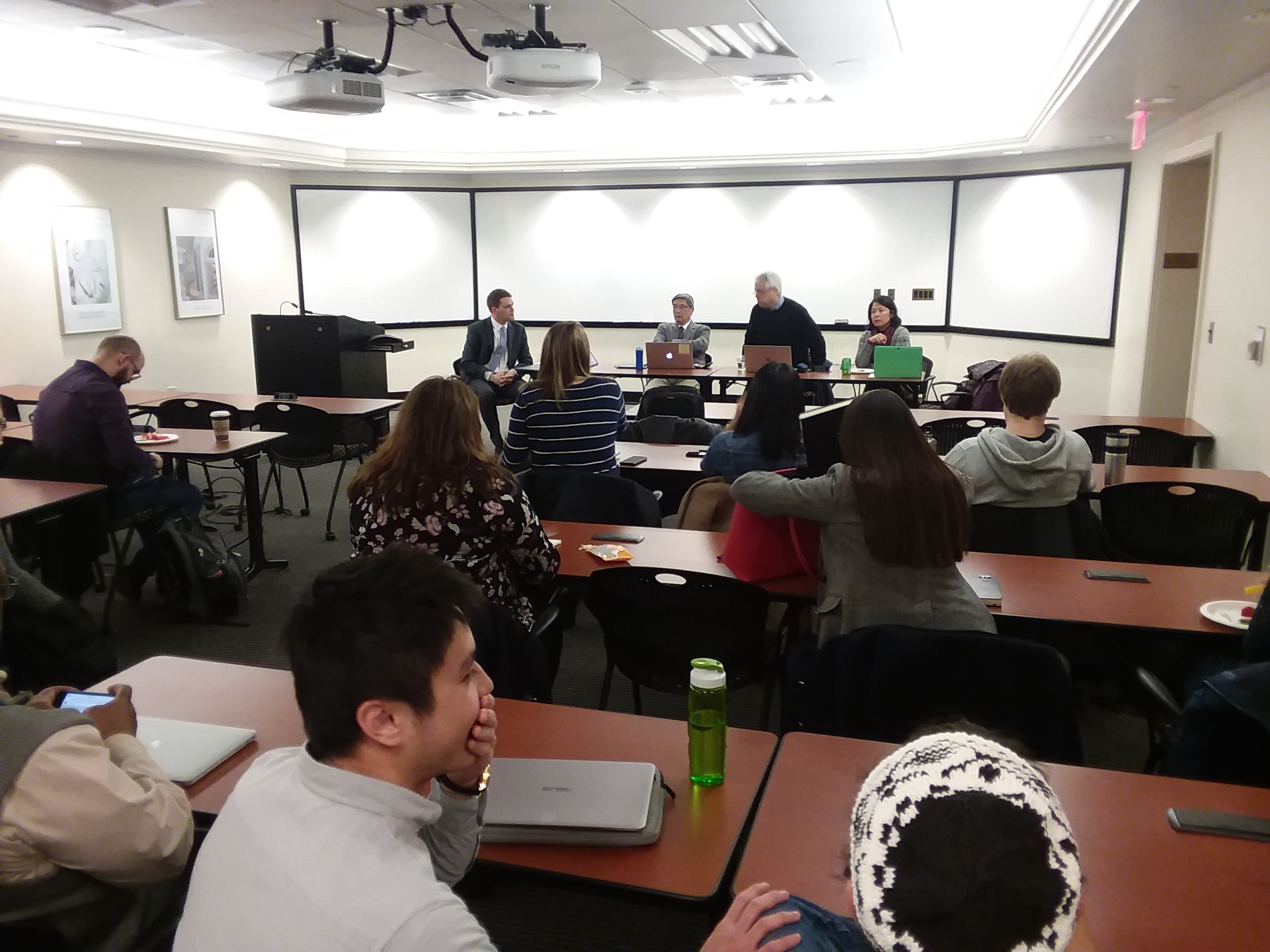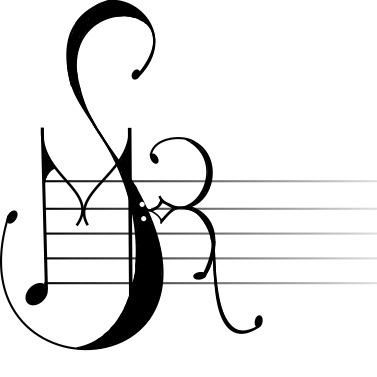
 Last Friday, James McNally successfully defended his dissertation (see abstract below) in the presence of a riveted audience. Congratulations, Jimmy, on your outstanding work, and all the best with final revisions.
Last Friday, James McNally successfully defended his dissertation (see abstract below) in the presence of a riveted audience. Congratulations, Jimmy, on your outstanding work, and all the best with final revisions.
São Paulo Underground: Creativity, Collaboration, and Cultural Production in a Multi-Stylistic Experimental Music Scene
This dissertation investigates the interrelated dynamics of creativity, cultural politics, and cultural production in the context of an independent experimental music scene in São Paulo, Brazil. The participants in this scene hail from a variety of institutional backgrounds and incorporate creative practices that draw from a range of musical styles, from free improvisation to experimental hip hop to local practices such as capoeira and forró. Over the past decade, these musicians have created a collaborative network of artists, organizational leaders, and independent performance spaces and record labels dedicated to the production of experimentally oriented sound. Drawing from fifteen months of ethnographic field work conducted over a period of five years, the dissertation proposes a framework for understanding musical experimentalism in terms of hybrid, collaborative social practice. The study argues for investigating cross-stylistic experimental musical creativity as a distinct phenomenon motivated by multiplicity, situated in opposition to established institutional supporters of experimental music, and complicated by the tensions that arise from encounters between diverse perspectives, identities, and practices. I further examine the social ramifications of this process, focusing on how participants seek to develop more egalitarian forms of discourse, performance, and community in the face of increasing stratification and authoritarianism in the contemporary Brazilian public sphere.
The dissertation’s chapters follow a general narrative of cause and effect, beginning with a discussion of the role of previous cultural movements in shaping the scene’s current form, continuing through the ways in which individuals negotiate and transform these ideas within the context of creative and organizational practice, and finally turning to the ways in which the resulting practices sound back into broader urban and aesthetic contexts beyond the immediate milieu of the scene. Chapter One discusses the historical and ideological context of the São Paulo scene, focusing on the emergence of Brazilian independent experimentalism and the ways in which the DIY ethos pioneered in punk culture motivates experimental musical creativity. The second chapter addresses the ways in which the scene’s rhizomatic network dynamics foster ideal conditions for cross-stylistic collaboration and the strategies musicians employ to create the conditions for effective collaborative performance in the face of obstacles such as divergent idiomatic norms and onstage expressions of machismo. In the third chapter, I address the organizational and institutional context of collaborative creativity in the scene, focusing on how musicians have established a network of independent spaces and employed alternative media in order to respond to systemic institutional marginalization and create lasting connections between artists from different backgrounds. Chapter Four addresses the urban context of the scene’s creative and institutional dynamics, concentrating on the ways in which musicians employ public performance as a means of facilitating material engagements with urban space and sound. In Chapter Five, I investigate the ways in which members of the São Paulo scene engage with broader aesthetic structures, focusing on the ways in which musicians symbolically contest genre standards and song forms as a means of creating less hierarchical means of musical expression and developing more immediate responses to resurgent authoritarianism in the Brazilian political sphere.

Photo credit: Myra Palmero, William van Geest
Recent Posts
SMR to Host Midwest Graduate Music Consortium 2025 Conference – January 13, 2025
SMR Welcome BBQ at County Farm Park – October 01, 2024
Julian Grey defends dissertation – June 05, 2024
Michaela Franzen defends dissertation – May 21, 2024
Kai West defends dissertation – May 16, 2024
Micah Mooney and Carlos Pérez Tabares present at Music Theory Midwest – May 12, 2024
SMR end-of-year round-up at County Farm Park – April 25, 2024
SMR hosts Research Showcase – September 29, 2023
 Society for Music Research
Society for Music Research